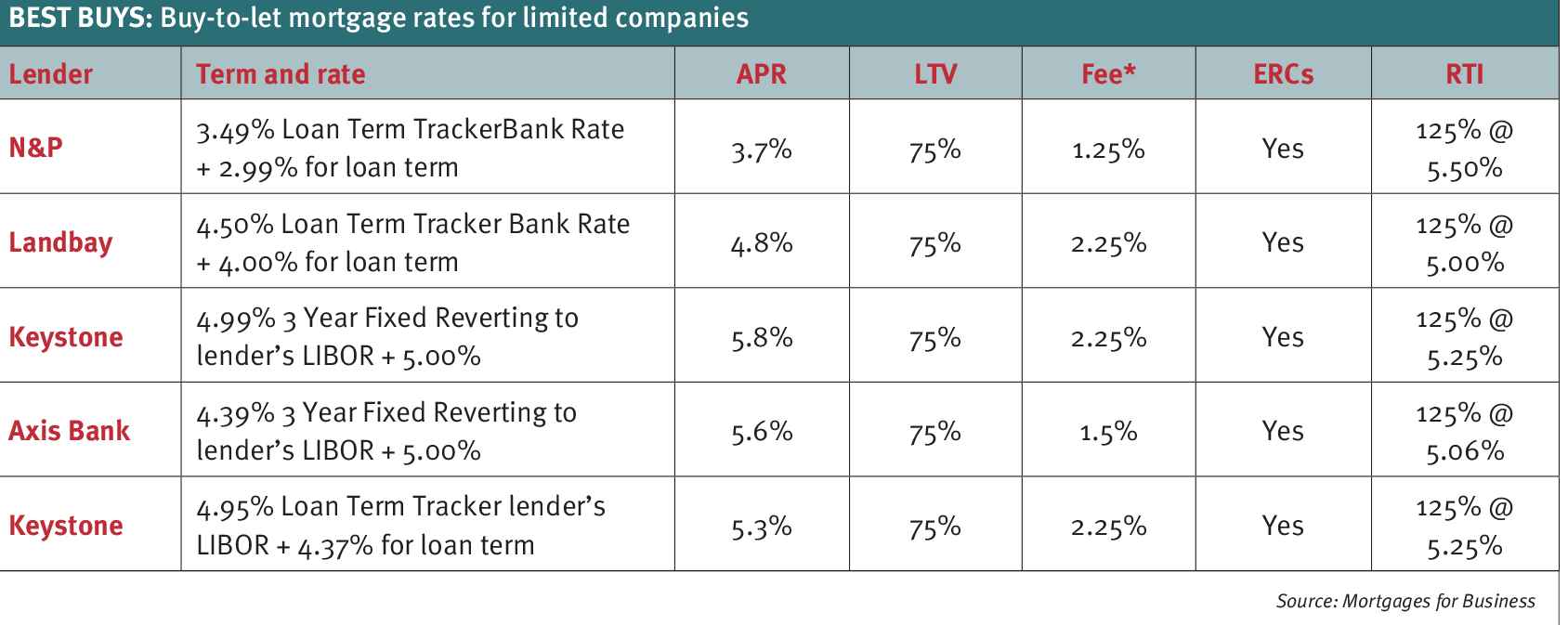
George Osborne’s proposal to restrict tax relief for wealthier landlords will be fiercely debated by interested parties in the coming months. At the moment, when calculating tax, landlords can deduct their costs, including mortgage interest, from their profits. Wealthier landlords get tax relief on finance costs at 40 and 45 per cent but, from April 2020, this will be restricted to 20 per cent.
The proposals are currently just a policy paper and a tapered implementation is likely to start from April 2017. But brokers should act now to help their landlord clients prepare for the changes.
We are suggesting to clients that they review their property investment strategy and get advice from their accountants on their circumstances, whether they are higher rate taxpayers or not. Initial analysis by our finance director, Simon Whittaker, shows that some lower rate-paying landlords could be adversely affected by the new restrictions. There is even speculation that some landlords could be better off seeking proper tax advice and restructuring their affairs accordingly.
After taking advice, some landlords may choose to leave the private rented sector. Others will adjust their strategy and/or accept the inevitable: paying more tax. Investment strategies will have to consider how to buy more rental property and whether to transfer existing, personally owned rental property into a corporate vehicle.
Limited firms can still offset financial costs, including mortgage interest, against tax and, from 2017, corporation tax will be cut from 20 per cent to 19 per cent, then cut further to 18 per cent in 2020.
Transferring existing property will incur stamp duty as well as potentially capital gains tax and early redemption charges. There is much to consider, which is why professional tax advice is vital.
For those who continue as landlords, investing via a limited company, while not exactly a panacea, could be more profitable and tax-efficient. Since the Chancellor’s announcement, we have seen a dramatic increase in enquiries from investors and brokers regarding buy-to-let mortgages for limited companies.
Buy-to-let mortgages for limited companies are not every lender’s cup of tea, however. Assessing applications requires greater knowledge and understanding by the underwriters, which is why many mainstream lenders, including TMW and BM Solutions, steer well clear. Those that will lend often restrict doing so to special-purpose vehicles (those that only hold property and do nothing else) because they are less complicated to underwrite. Only a handful of specialists (Aldermore Bank, Interbay, Landbay, MetroBank and Shawbrook) accept trading limited companies and most of these can only be accessed via a few brokers.
Having said that, there is quite a bit of choice available. Of the 850-plus buy-to-let mortgages on the market, around 120 are available to limited companies (predominantly for SPVs) from 11 lenders. Some even price the same as if lending to individuals, although most look for an additional margin.
Our lending brand, Keystone Buy to Let Mortgages, adds 0.2 per cent on to the rate and an extra 0.25 per cent on to the arrangement fee to cover additional underwriting and documentation costs.
It will be interesting to see whether more lenders enter this space. Those looking to lend to trading limited companies as well as SPVs will be particularly welcomed.
As well as changes to tax relief, from April 2016 the ‘wear and tear’ allowance on furnished properties (which allows landlords to reduce their tax regardless of whether they replace furnishings) will be replaced by a system that only allows tax relief when they replace furnishings. This is yet another tax foible to factor into any property investment strategy.
At the very least, the changes give brokers the opportunity to open up new lines of business. Perhaps more importantly, however, the conversation should start with pointing clients towards getting professional tax advice.







